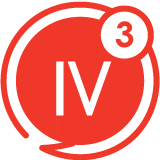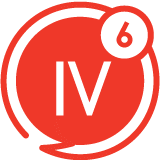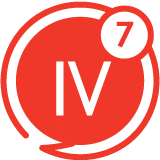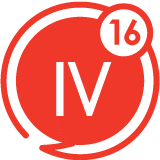OUR GOVERNANCE
Governing Structures and Delegation
Principles 6,7,8,9 and 10
Committees of the Board
Principle 8 applied
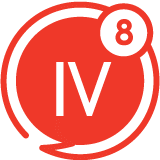
The Board ensures that its arrangements for delegation within its own structures promote independent judgement and assists with the balance of power and the effective discharge of duties.
Governance, Social and Ethics Committee

Declaration: The committee has executed its responsibilities in accordance with its Board approved mandate.

Committee Purpose and how it Contributes to Value Creation
The overarching role of the committee entails discharging its statutory duties by ensuring that SANBS acts ethically and that there is an ethical culture across the Company with regard to:
The committee relies on the work of the Human Resources and Remuneration Committee (HRRC) with respect to employment equity as well as the safety and the dignity of employees, and the Clinical Governance Committee (CGC) as regards the safety of employees, donors, recipients, and the provision of safe blood, ensuring that at least annually it obtains assurances from both committees that their respective responsibilities have been adequately addressed.
Members of the Committee during the Period 1 April 2023 to 31 March 2024
100% Attendance
Key focus areas and value creating activities for the period under review
Ethics Management
Monitored progress to achieve objectives of the integrated Ethics and Culture Programme – including:
Governance
Reviewed governance documents and policies to enhance and embed good governance practices and support structural arrangements, including:
Workplace/Social and Economic Development
Noted feedback on HR and remuneration:
Noted Feedback on Transformation and B-BBEE Verification Outcomes:
Noted public health and safety relevant feedback from the Clinical Governance Committee:
Social Environment
Monitored progress with implementation of the SANBS stakeholder engagement strategy, including. stakeholder reports and consideration of stakeholder risks:
Corporate Citizenship
Donor Structures
Considered the donor structures report and noted:
Natural Environment
Reviewed the safety and environment report and discussed the following key points:
Future Focus Areas 2025
Risks
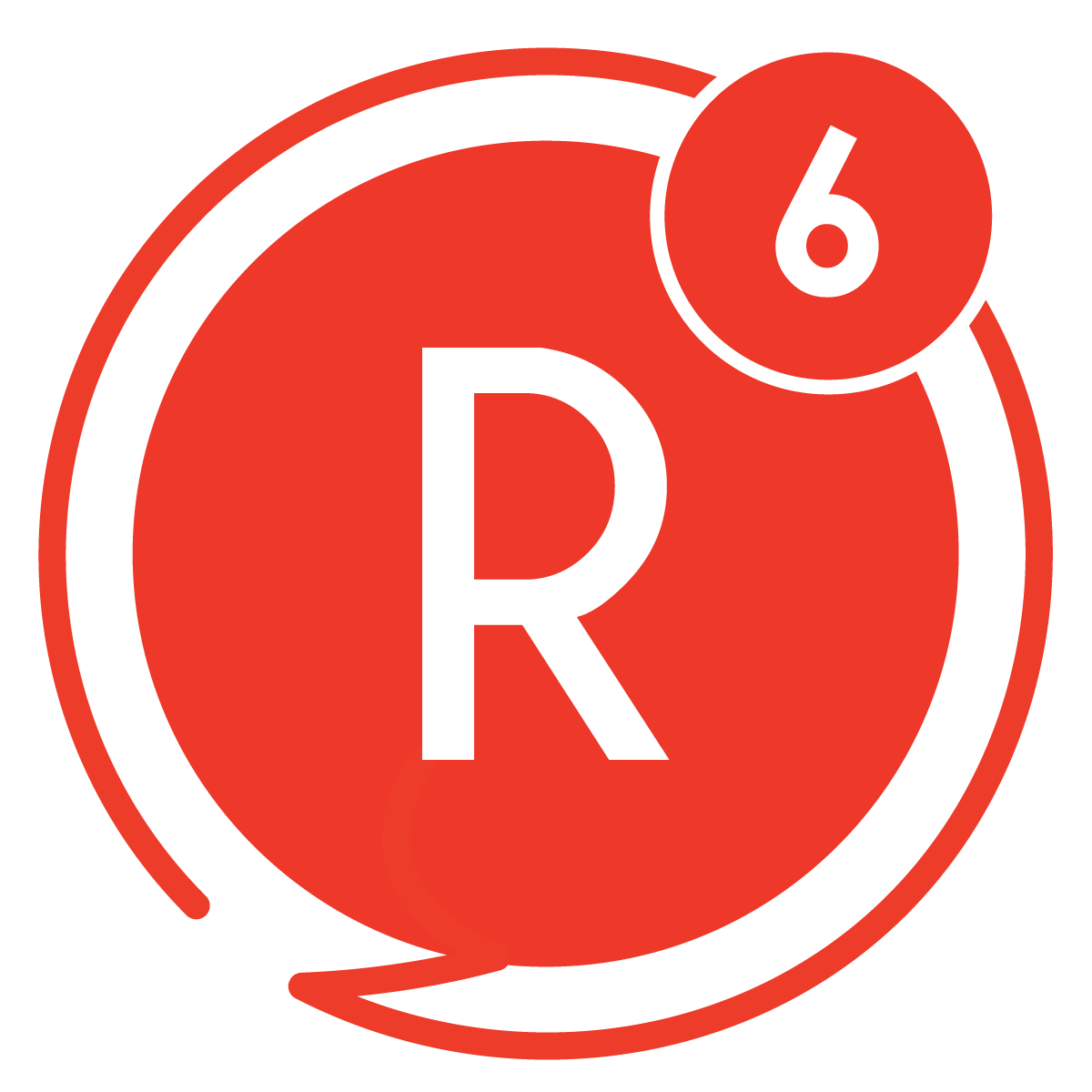
Capitals


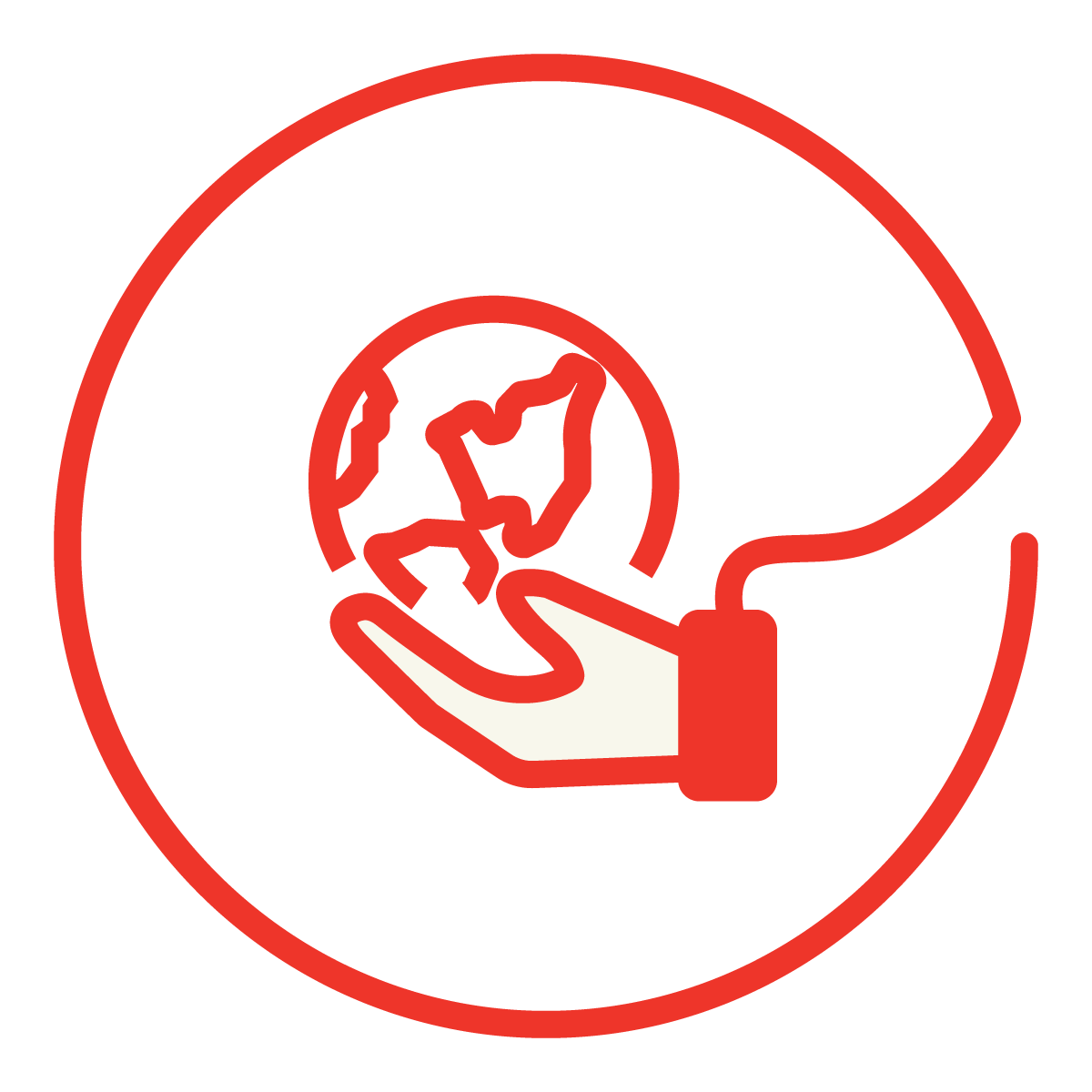

King IVTM


